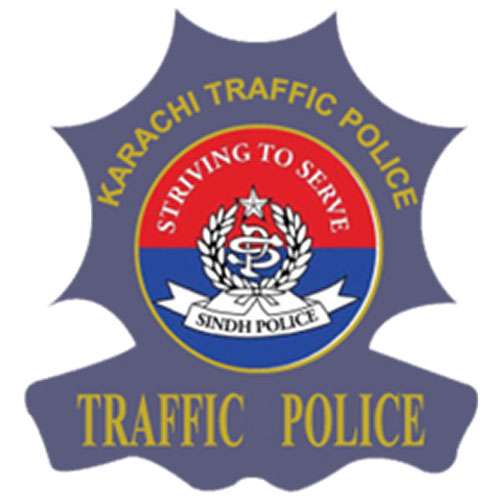Observer Report
During the year 2020, the Karachi Traffic Police has managed to control fatal accidents. During the year, 157 fatal accidents were reported as compared to 2019 when the number of such incidents was 181. A slight decrease has also been witnessed in non-fatal accidents, as in 2020 there were 49 non-fatal accidents, while in 2019 the number was 52, which shows a 22 per cent decrease.
The force has been striving hard to make the roads safe through different modes of operations, and its personnel have fined 3.1 million vehicles a total of Rs751 million despite lockdowns in the city in the year 2020.
A senior officer, while about traffic issues in Karachi, said that the functioning of the traffic police was also hampered due to the Covid-19 lockdowns. He said a number of traffic campaigns had been launched by the traffic police, but the success of the campaigns was somewhat compromised when offenders used their “influence or pressurized” the officer concerned not to issue them with a ticket for a fine.
Those apprehended by the traffic police included drivers who had either obtained their licence through illegal means, or those who had not bothered to go through the requisite test to obtain a driver’s licence. “One can witness a number of accidents and traffic gridlocks every day, and both of these can be significantly reduced if citizens are made aware of traffic rules,” the official said and added that there were conventions for travelling in lanes, changing lanes and even overtaking, but most citizens did not follow the laws or they chose to drive as they wished. “This sometimes results in accidents, and at others in traffic gridlocks.” Similarly, he said, motorcyclists often succumbed to their head injuries, as many preferred not to wear helmets.
The newly appointed deputy inspector general of police (DIG), Iqbal Dara, chief of the Karachi Traffic Police, said his force was striving hard to make the roads safe through different mode of operations, i.e. traffic education programmes, walks, seminars, lectures and strict enforcement of law.
He said that recently he held a meeting with his subordinates, especially the senior superintendents of police, and directed them to visit traffic kiosks in their districts and keep a watch on the personnel performing duties there. Moreover, he said, the SSPs should also keep checking if any traffic sergeant was involved in corruption, and take action against cops found involved in corrupt practices.
He added that instructions had been issued to remove beggars from the street and also take strict action against those found involved in one-way traffic rule violation. He said he had also ordered that encroachments from along the roads be removed immediately.










